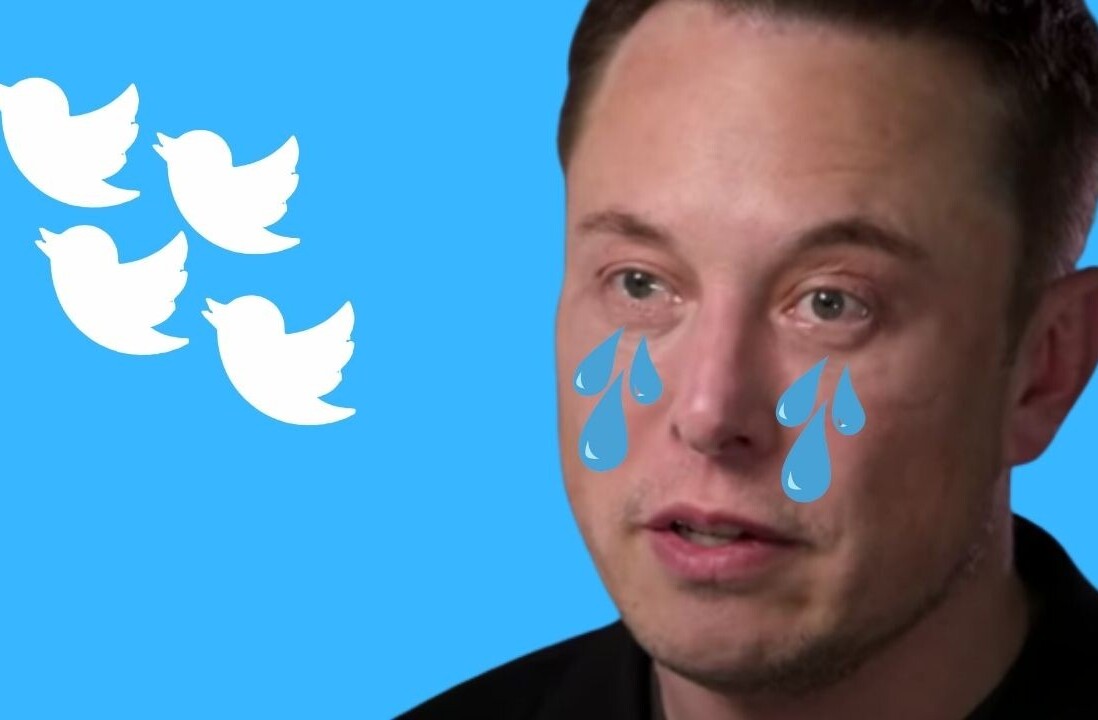
“The last 12 months have shown us just how truly transformative the Internet can be: the Arab Spring, Occupy Wall Street, WikiLeaks and the continued aggregation of private data into global corporates.
But with great power, comes great responsibility. From individual users, to the corporate world, to governments and lawmakers the challenges are coming thick and fast: from the courtroom to the boardroom to the living room.”
On Tuesday we were at Freedom of Tweet: Censorship, Governments, Marketers & The Law, which saw Mark Stephens CBE, one of the UK’s leading legal minds and a veteran of WikiLeaks, discuss freedom of speech and censorship.
Legal frameworks
The Internet circumvents international boundaries with aplomb for the most apart, but it’s impossible for legislation, regulation and those responsible for upholding it to follow suit. Even within individual countries, the likes of Twitter serves to sow the seeds of gossip, rumor and, sometimes, facts so that they’re read by millions before the powers-that-be even have a chance to take stock of the situation.
Despite a certain British footballer attempting to sue Twitter and a number of its users last year for not adhering to a super-injunction that sought to block his name being associated with an alleged affair, it was a foolish move from the start, and was doomed to fail.
“Now there’s a man who really knows how to make a disaster out of a crisis,” says Mark. “It really does show the challenges we’re facing at the moment within the legal system of trying to enforce national legal frameworks on an international medium. Of course, the position with Twitter was that once his name was out there in the open, because Twitter doesn’t have a legal presence in the UK, the British judges’ ruling didn’t bind Twitter and therefore they could happily publish away the material the courts said we couldn’t know about.”
It’s changed days, for sure. It wasn’t that long ago when authorities could prevent an entire nation from learning about information it felt could be damaging to the country.
“We have changed culturally,” says Mark. “If you look back to the Duchess of Windsor and the (royal family) abdication crisis in the UK. The American and European papers were reporting on the relationship with the King, yet the British papers, through a conspiracy of silence, kept that story – information that was known to the editors – away from the UK public. As a result of that, the public were less informed. In the modern era, that’s just not possible, that information would’ve been out on Twitter, if nowhere else, within a few minutes or hours.”
Looking back to the infamous super-injunction case in the UK last year, there was a suggestion at the time that everyone who retweeted the information in England and Wales would’ve been in breach of the court order.
“Technically, these people could’ve been held up for contempt of court,” says Mark. “But the practical implications of doing that, let alone the cost…even a Manchester United player couldn’t afford that. There was then a question about whether they could go back and find the sources. They could’ve traced the source through Twitter and launched proceedings in California through that end, but this ultimately would’ve been doomed to failure because California law would’ve been used to defend that.”
Mark even went so far as to praise the way that Twitter handled the whole episode, noting that other large digital companies haven’t always put up such a rigid defense when asked to reveal private information. “It takes a very strong and powerful organization with good principles, as Twitter had, to stand up and protect their customers’ identities and not hand over information,” he says.
Everyone’s a publisher

How DO you go about upholding peoples’ privacy when a platform such as Twitter acts as an open conduit for information to flow? Twitter is still only used by a relatively small number of people on the grand scheme of things – 100m active users at the last count. Twitter’s goal is to reach all 7bn people on Earth, and if it can reach even one fifth of that, can you begin to imagine how difficult it will be to curb the flow of information around the world? If it’s difficult now, it certainly won’t get any easier.
Twitter is playing ball a little bit though – last month we reported that it was taking measures to block specific content on a country-by-country basis. This still means content will be viewable in other countries though, it just means Twitter is looking to appease authorities around the world to ensure its service remains switched on.
As for the super-injunctions, Mark suggested a much more tactful route for celebrities and companies to go down, noting that he had personally been approached by individuals seeking court orders. “I can’t guarantee anonymity, though I can pretty much guarantee I’ll get you the court order,” he says. “I can’t guarantee it [the information] won’t come out. The very nature of these things is that people talk, people gossip and ultimately there’s a serious risk it will come out.
“It will also be really expensive,” he continues. “It will cost you somewhere between £75,000-£125,000 and you don’t even get a definite outcome. Would it not be better to take, say, £50,000, and give it to a jolly good PR person to generate a lot of good noise around you to drown out the bad noise? I think that’s a much more sensible use of the money than lining lawyers’ pockets.”
Indeed, one of the issues of super-injunctions is that they can’t possibly work with Twitter around. Sure, newspapers can be informed of super-injunctions and be forced to adhere to them, but the millions of people that use Twitter can’t all personally be informed that a super-injunction is in place. All it takes is one anonymous person in the know to drop that first seed, and it’s game over. Everyone is a publisher these days, and that can’t be controlled.
Internet censorship isn’t the answer
One of the issues legal systems the world over are struggling to manage is the speed at which new technologies are being developed. In most democratic countries, laws take time to be passed and enforced, and by the time this happens it’s likely some other new technology is already coming to the fore.
Last year, the UK government considered, albeit briefly, whether it would be right to close down social networks in times of crisis – a discussion fueled by the riots that kicked-off in London and soon spread to other parts of England.
It’s safe to say that most people were against that idea. But it was indicative of how the authorities were thinking – the UK is a pretty fair, open and uncensored country, but with the hype surrounding the role social networks were playing in events, it clearly felt as though it needed to assert more authority on the situation. This is despite Twitter and Facebook not really being used to organize any of the rioting that went on.
“In places like Iran and elsewhere in the Middle East – are we happy seeing the authorities, the regimes, switch off the Internet so we can’t see what’s going on elsewhere in the world?,” asks Mark. “Every BBC report is prefaced by ‘we cannot vouch for these pictures, or the number of people that are dead’. Actually, I’d quite like people to be vouching for it, and citizen journalism…the more of it there is, the more likely it will be verifiable.
“Restrictions on free speech need to be extremely narrowly-tailored,” continues Mark. “Whether it’s in relation to national security, or any other sphere where you’re going to limit speech. There has to be some pressing social need to have it.”
A few weeks back, Google took to the stand at the UK’s Leveson Inquiry, a public inquiry looking at the culture and ethics of the British media. As we noted at the time, whilst Google has localized domains around the world, it is absolutely answerable to local law, but even if it does censor illegal content from its index in one country, this can be easily bypassed by simply visiting Google.com, rather than the in-country equivalent. Whichever way you look at it, Internet law is a minefield, and we’ll no doubt continue to see countless more cases highlighting the sheer difficulty of regulating a global medium.
As for Twitter and other US-based social networks, Mark reckons its position is pretty straight forward. “Why on Earth would you try and comply with every law on the planet?,” he says. “I think you should stick to a standard, and the US standard for a US company seems to the right one. Otherwise all that you get is this fracturing of information again, on a country-by-country basis. In order to inform yourself of what’s going on in the world, you need to understand the international dimension.”
You can monitor all our coverage from Social Media Week here.
Get the TNW newsletter
Get the most important tech news in your inbox each week.



